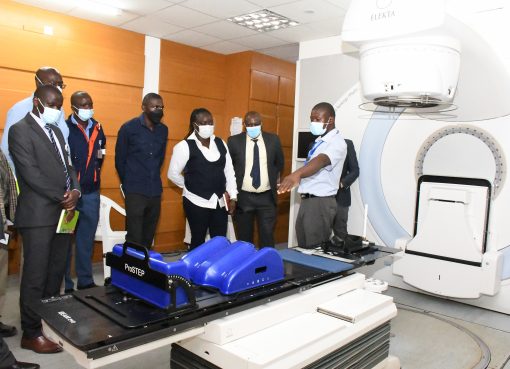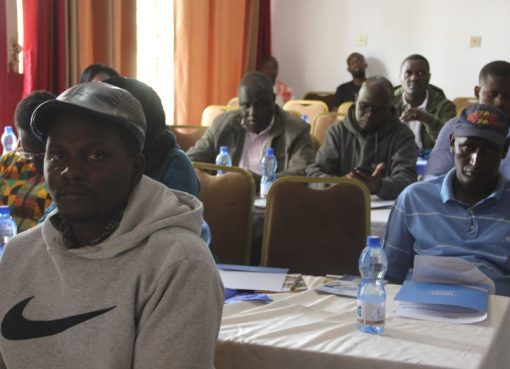The County Government of Kirinyaga has intensified campaign against the spread of cholera, following detection of sporadic cases in Ndia Constituency.
The campaign that includes sensitization of the residents through Public Barazas, health education in schools and use of public address systems in urban centers and villages, is aimed at informing the public on the importance of protecting themselves against the disease.
Speaking during a sensitization forum at Ndia Technical and Vocational College, the County Executive Committee (CEC) Member of Health, George Karoki, said that seven cases have in the course of the month, been detected within the County.
He said that out of the cases, one person has been treated and discharged, while two others are in stable condition, as they undergo treatment at the Sagana Sub-County Hospital.
The other four are being observed, awaiting the results of their laboratory tests.
Karoki noted that cases of cholera, which is a highly contagious disease, have been on the rise in many counties in the recent past, necessitating sustained public action on its prevention and control.
He said that the campaign is a multiagency initiative that incorporates the National Government Administration and the Ministry of education.
The County Government is also giving aqua tabs, to enable vulnerable households in the affected areas to treat their drinking water and at the same time giving protective prophylaxis treatment, to people who have had close contact with cholera patients.
Some of the cholera symptoms that the community has been advised to look out for include watery diarrhoea, vomiting, nausea and lethargy, for which they should immediately visit a health facility.
Karoki noted that the disease can be fatal since it leads to dehydration, thus the need for one to get treatment from the hospital.
The CEC has also appealed to members of the public to ensure that they observe the required hygiene practices such as washing hands with soap and running water, consuming treated or boiled water, eating well cooked and hot food and proper fecal waste disposal.
He also called upon all food handlers to ensure that food is prepared and sold under hygienic conditions and appealed to the public to shun food that is hawked in disregard to public health standards.
Karoki also warned owners of business enterprises or residential premises against discharging effluent into rivers, since it contributes to contamination of water.
By Mutai Kipngetich





